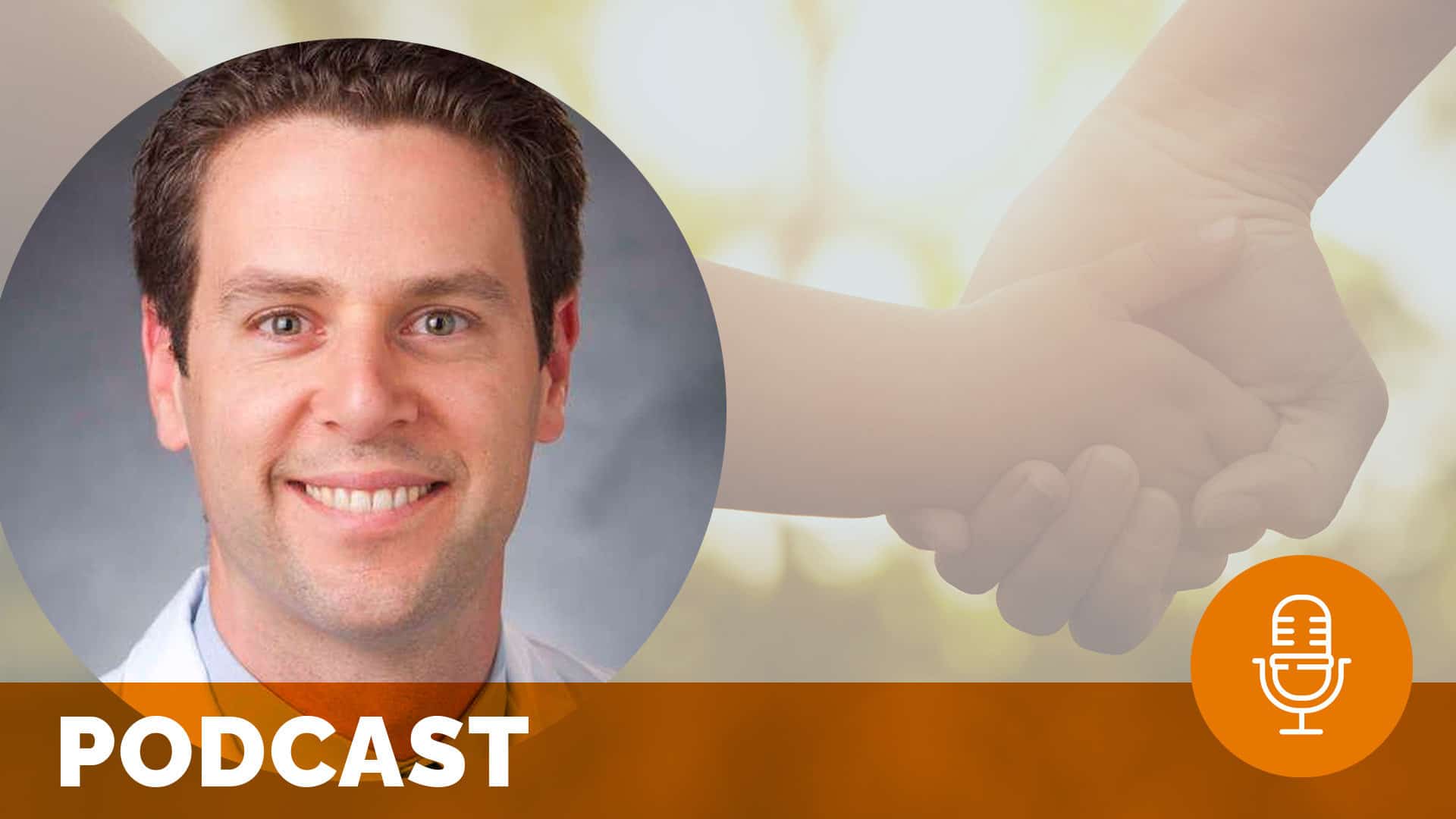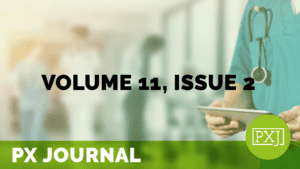All Hands on Deck – Healthcare Heroism During COVID-19

How do healthcare teams at a large University hospital handle daily patient care during the time of a global pandemic and immense stress? Dr. Craig Rackley, Assistant Professor of Medicine at Duke, depicts the measures that he and his fellow practitioners are taking to reserve resources such as PPE in order to work as safely and efficiently as possible during this time.
Dr. Rackley also delves into the strategic changes that his team has put into place in order to mitigate risk and what the future of healthcare systems and practices will look like following this crisis. Furthermore, Craig highlights some of the silver linings that have already come to light during this unprecedented time.
Related content
-
 Culture & Leadership | Quality & Clinical Excellence | Staff & Provider Engagement
Culture & Leadership | Quality & Clinical Excellence | Staff & Provider EngagementRemediation Strategies to Reduce Shame and Stratify Support for Providers in Patient Experience
This webinar will review evidence regarding remediation of communication skills in healthcare providers, shame in healthcare, and how the two intersect. The experience at our institution includes two pilot programs designed for providers and entire clinics with suboptimal patient experience scores. We will present stepwise strategies, lessons learned, and qualitative and quantitative data that are
Learn more -
 Patient Family & Community Engagement | Policy & Measurement | Staff & Provider Engagement
Patient Family & Community Engagement | Policy & Measurement | Staff & Provider EngagementSignals to Action: Northwestern Medicine’s Journey to Humanizing Healthcare Experiences
In an effort to (re)build trust post-pandemic, many health systems are experiencing the pressure to modernize methods used to engage patients and the workforce who care for them. This trend towards an improvement-focused understanding is reflected in the greater conversations happening across our industry, including the evolved shift in understanding from “Patient” to “Consumer” and
Learn more -
 Staff & Provider Engagement
Staff & Provider EngagementInvestigating the Perceived Impact of Surgeons’ Burnout on Surgical Physician Associates’ Wellness in United States Ambulatory Surgery Centers
Surgeons are the de facto leaders of surgical teams with surgical physician associates (SPAs) as integral members who function in all areas of the peri-operative environment. Surgeons often supervise SPAs.
Learn more
